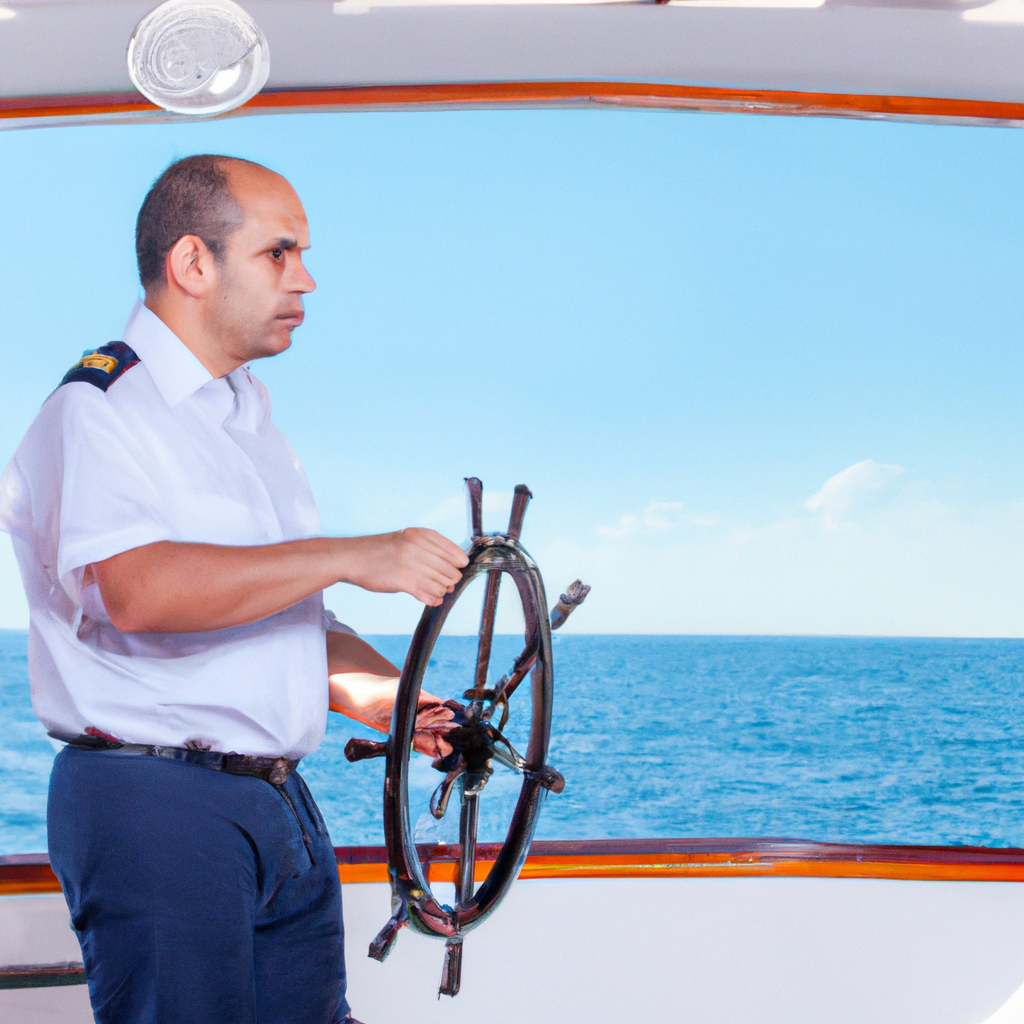Diving into the World of Nautical Learning: A Look at Courses and Benefits of Maritime Activities

Sailing through the blue waters, feeling the wind on your face and the rolling of the waves beneath your feet is an exciting experience that many long for. But to enjoy these experiences safely and efficiently, one needs to acquire specific skills and knowledge. This is where boating courses come into play. These educational programs offer a structured pathway to learn and hone the skills needed for various boating activities. In this article, we will explore in depth the basics of boating learning, the different types of courses available, the benefits and challenges of this type of learning, and how you can choose the course that is most suitable for you. So, whether you are a boating enthusiast looking to take your first steps, or an experienced sailor looking to expand your skills, this article has something for you. Join us on this exciting journey through the world of boating!
- 1. "Exploring the fundamentals of learning nautical activities"
- 2. "Types of nautical activity courses available"
- 3. "Benefits and challenges of learning nautical activities"
- 4. "How to choose the right nautical activity course for you"
1. "Exploring the fundamentals of learning nautical activities"
Exploring the fundamentals of marine learning involves delving into a wide range of specialized skills and knowledge that go beyond simple navigation. Aspiring mariners must become familiar with a variety of aspects such as nautical terminology, interpretation of marine maps and charts, handling of navigation equipment and technology, maritime laws and regulations, water safety and survival techniques, as well as marine meteorology. Marine courses often combine classroom theory with intensive practical training, allowing students to experience firsthand the challenges and rewards of life at sea. By mastering these fundamentals, students will be better equipped to face any situation on the water with confidence and competence.
2. "Types of nautical activity courses available"
There are various types of water sports courses available for those interested in learning and honing their skills on the water. Sailing courses, for example, are ideal for those who wish to learn how to sail yachts, sailboats or catamarans. Diving courses are a perfect option for those interested in exploring underwater life and learning how to use diving equipment safely. Canoeing or rowing courses offer a great opportunity to learn how to handle canoes or kayaks in different types of water, from calm lakes to river rapids. Additionally, there are navigation courses, ideal for those who wish to learn how to use nautical instruments, read marine charts and understand signals and beacons. Motorboating courses are also available for those who want to ride jet skis. Last but not least, there are first aid and water safety courses, essential for any water sports activity.
3. "Benefits and challenges of learning nautical activities"
Learning nautical activities offers a number of benefits and challenges to consider. Among the benefits, the development of physical and mental skills stands out, such as strength, coordination, balance and decision-making under pressure. In addition, these activities promote respect and environmental awareness, as they are carried out in direct contact with the sea and its ecosystem. However, learning nautical activities also presents challenges. It requires time, commitment and a financial investment for equipment and courses. In addition, the fear of changing sea conditions must be overcome and emergency situations must be learned. Despite these challenges, the satisfaction and skills acquired make the effort worthwhile.
4. "How to choose the right nautical activity course for you"
Choosing the right water sports course for you can be a challenge, especially if you are new to the field. It is important to first identify your interests and goals. Are you interested in sailing, kayaking, scuba diving, or perhaps sport fishing? Is your goal simply to enjoy a new hobby, learn a new skill, or are you preparing for a career in the maritime field? The answer to these questions will help you determine which type of course is best suited for you. Also, consider your level of experience and fitness, as some courses can be physically demanding. It is also wise to research the reputation and credentials of the course provider to ensure that you will receive a quality education. Last but not least, you should consider your time and budget constraints.
